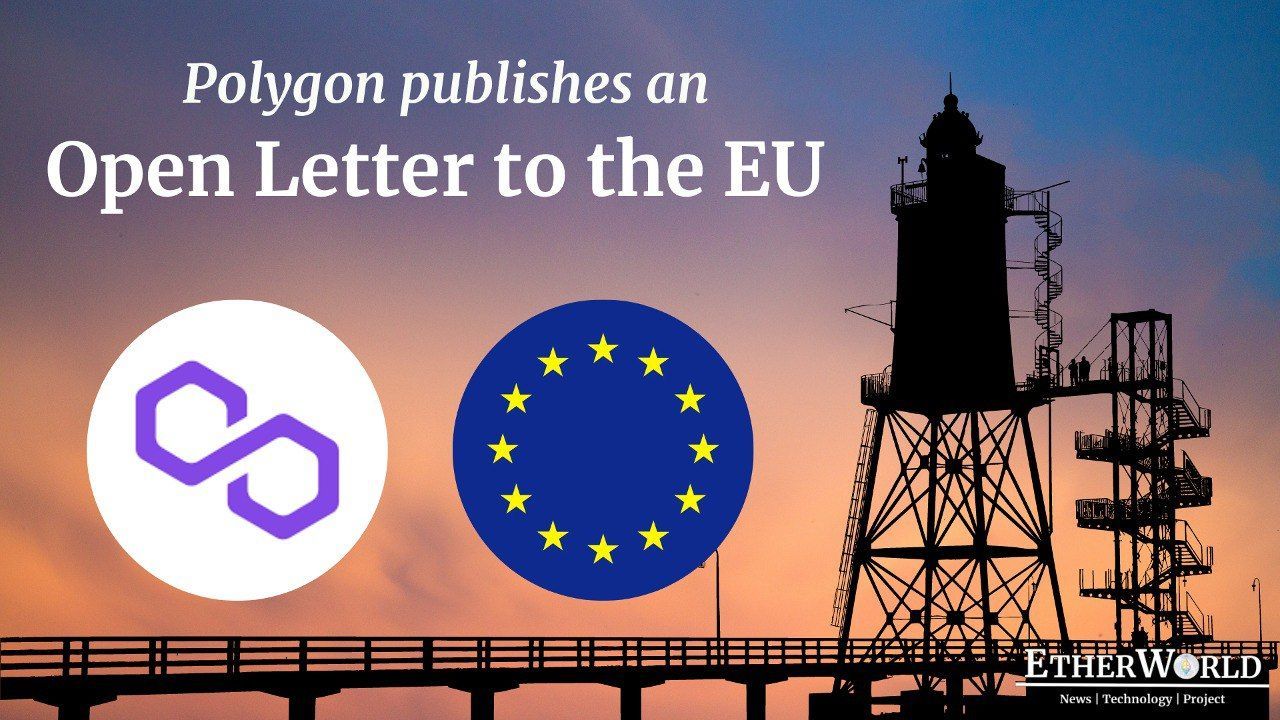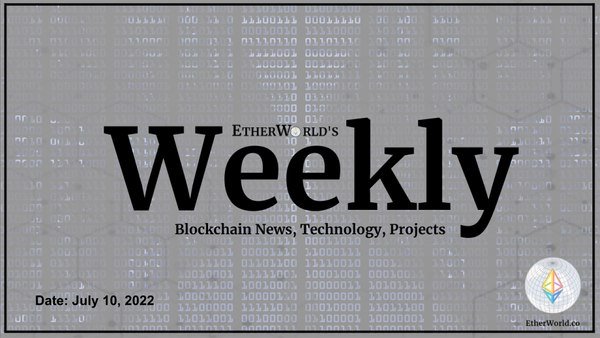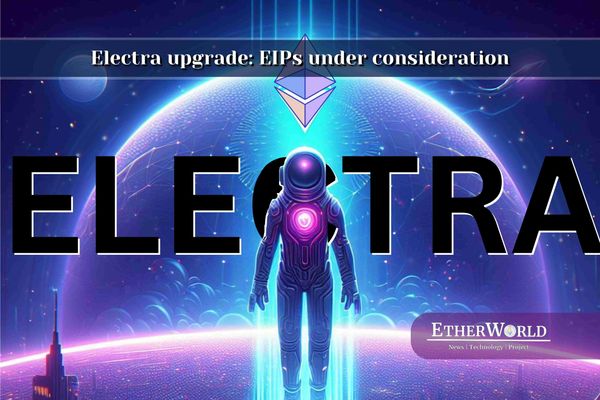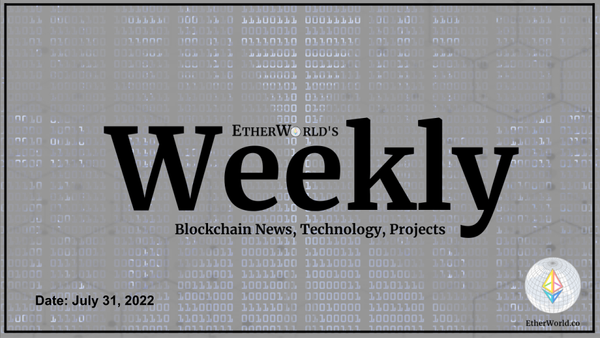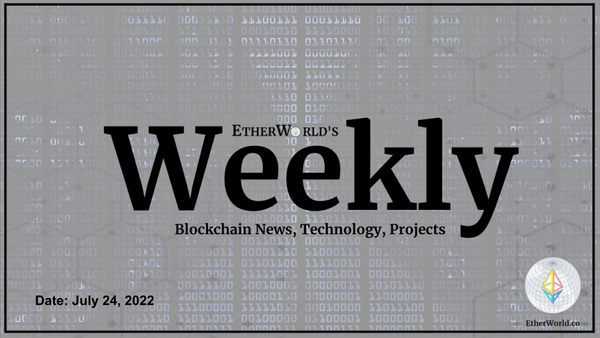Polygon Labs address concern about Article 30 (“Art. 30”) of the Data Act. According to the source polygon wants to clarify the scope and intent of Art. 30 to ensure it accounts for the ways in which smart contracts operate and the potential negative consequences of imposing a requirement for “safe termination or interruption” of such smart contracts in permissionless systems.
Polygon ensures that software developers, both in the European Union (“EU”) and abroad, can continue to innovate with smart contracts. For these reasons, Ledger which a French company and leading provider of security solutions for digital assets, joins in this letter.
Polygon offer suggests to revise certain language of Art. 30 to ensure the final text reflects the EU’s objectives for this provision namely, “removing barriers to the development of the European data economy in compliance with European rules and fully respecting European values, and in line with the mission to reduce the digital divide so that everyone benefits from these opportunities”.
Polygon wants to ensure that this new law does not inadvertently capture open, transparent and permissionless parts of emerging blockchain technology.
An Open Letter to the EU on the Data Act. https://t.co/8ljH3YrcFW
— Polygon (Labs) (@0xPolygonLabs) April 17, 2023
Polygon concerns with Art. 30 pertain to certain language that broadens its scope so widely that it could have the unintended effect of prohibiting permissionless, autonomous smart contracts and the applications based thereon – specifically, the clause in the preamble to Art. 30 – “the party offering smart contracts in the context of an agreement to make data available”.
Polygon propose amendments to certain parts of Art. 30 to ensure that the provision remains in line with the goal of the Data Act—to ensure the protection of all uses of data.
Polygon proposes two additional amendments:
- Add a clause that makes clear the term “an agreement to make data available” applies to contractual agreements between two “enterprises” (as defined by the Data Act)9 and does not apply to smart contract-based agreements themselves.
- Provide language to narrow the scope of the purpose of any “agreement” at issue under Art. 30 to “personal data”10 and “confidential business data and trade secrets”.
Smart contracts deployed to permissionless blockchain networks operate autonomously i.e., without human intervention. When those applications are “fully decentralized”, no one controls them.
Polygon stated that it understands that policymakers did not intend to regulate software so widely as the text of Art. 30 currently suggests. Therefore, polygon have provided the needed clarifications for Art. 30, in its current form, to meet the goals set out by the EU in the Data Act as well as protect novel, permissionless technology. As mentioned previously, the scope of Art. 30 should only capture permissioned smart contract-based systems owned and operated by an “enterprise” who has entered into a contractual agreement for the sharing of “personal data” or “confidential business data or trade secrets”.
Latest Articles
- EIP-4844 ready for Multi-Client Devnets
- Verkle Trees Research Progress
- Exploring EVMMAX Proposals & BLS12-381
- Why Ethereum Clients prefer SSZ over RLP?
- Partial SSZ Migration in the Cancun Upgrade

Latest Videos
- Ethereum Virtual Machine
- How to Become Validator for Ethereum Blockchain?
- Ethereum Blockchain Playlist
- Web3Today Playlist
Disclaimer: The information contained on this web page is for education purposes only. Readers are suggested to conduct their own research, review, analyze and verify the content before relying on them.
To publish press releases, project updates and guest posts with us, please email at contact@etherworld.co.
Subscribe to EtherWorld YouTube channel for ELI5 content.
Support us at Gitcoin
You've something to share with the blockchain community, join us on Discord!

